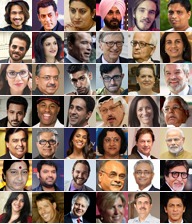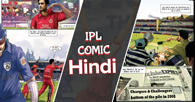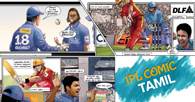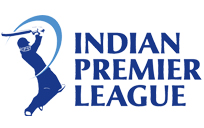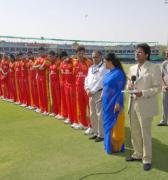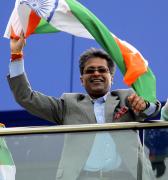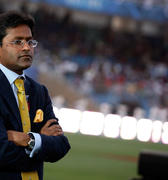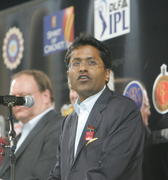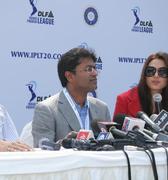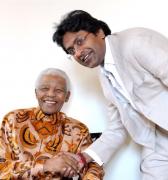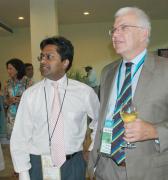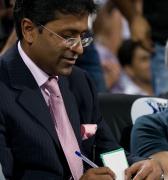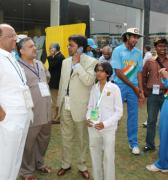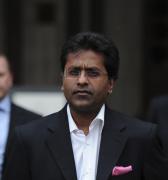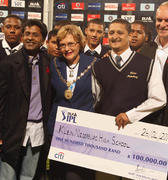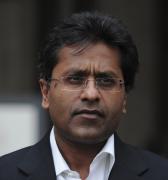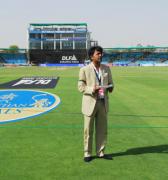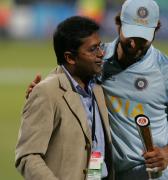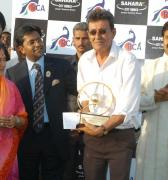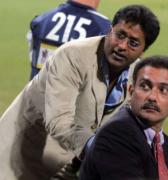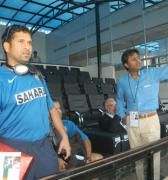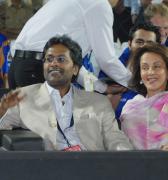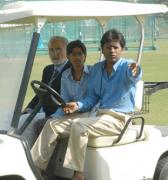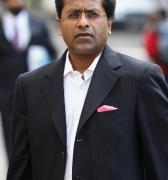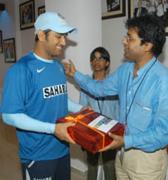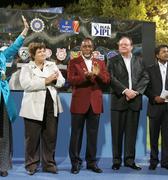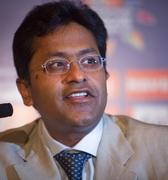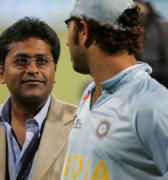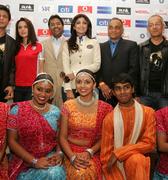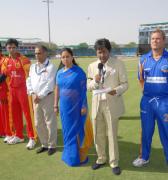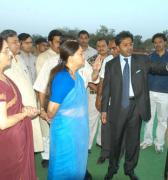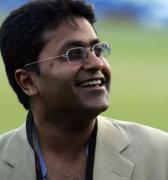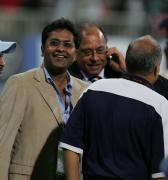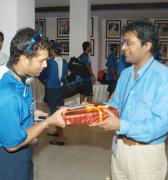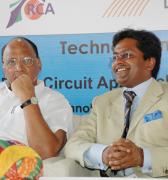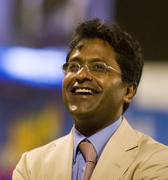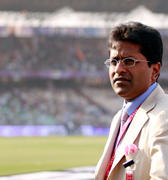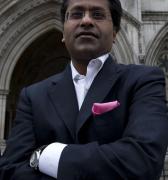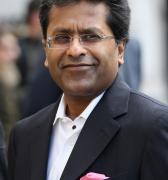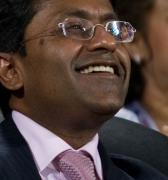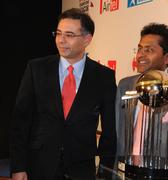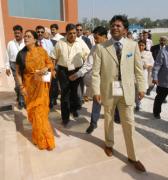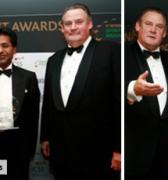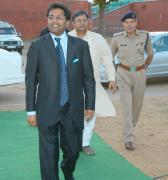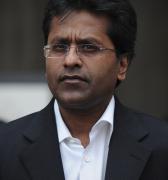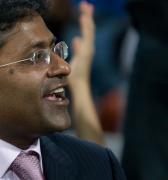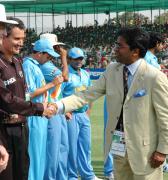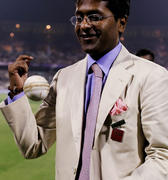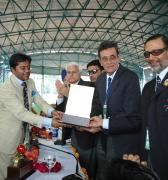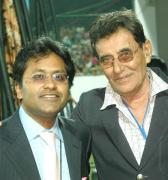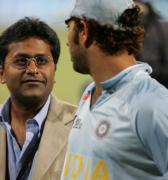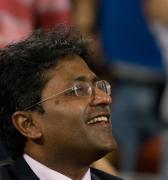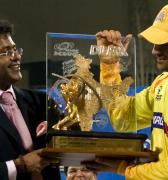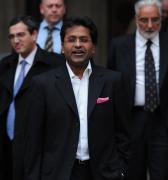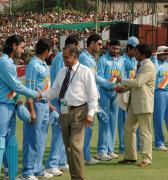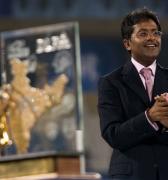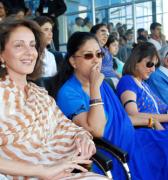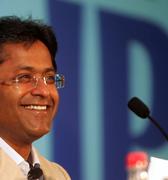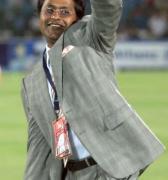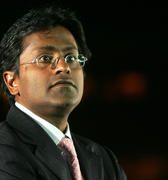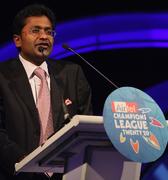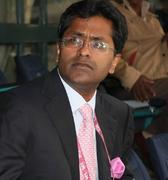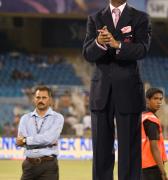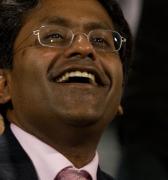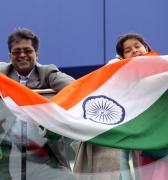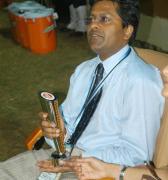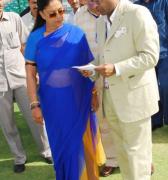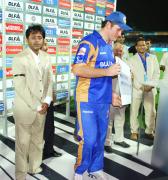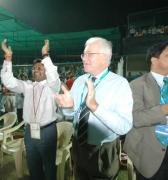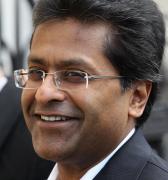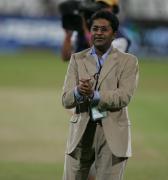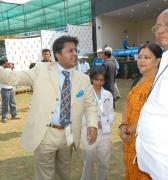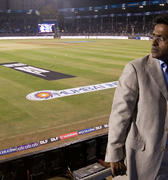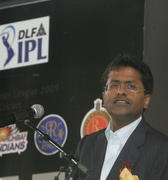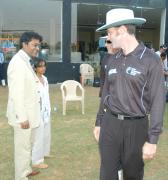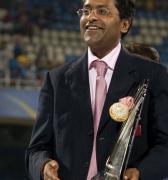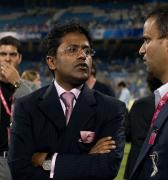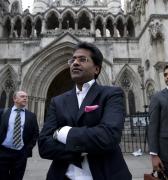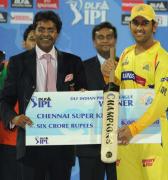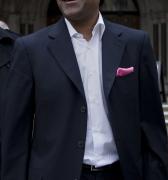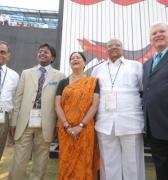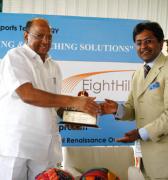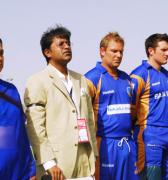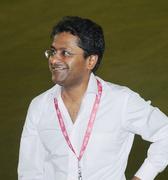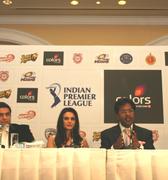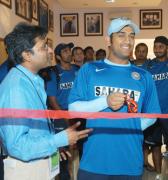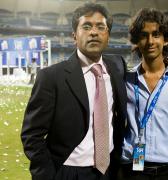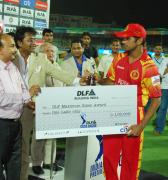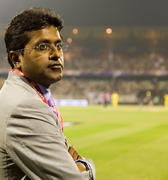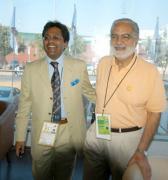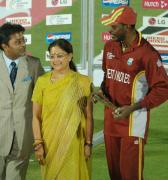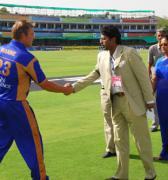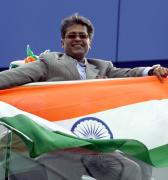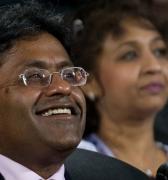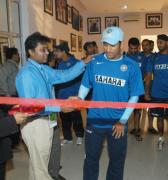SC hearing on BCCI vs. Lodha resumes
Come Friday and the BCCI is in for some more rough treatment from the two-judge bench of the Supreme Court hearing the case relating to how the BCCI plans to implement the various Lodha Committee recommendations.
At the last hearing (March 3) the bench comprising Chief Justice TS Thakur and Justice Ibrahim Kalifullah vehemently opposed every argument raised by the BCCI’s host of counsels.
The only silver lining for the BCCI was when the court agreed to accommodate certain objections raised against a few of the recommendations.
When the hearing reopens, the BCCI is likely to present detailed audited accounts statements of the board's disbursement to the states in the last five years. That was one specific demands of the court at the March 3 hearing, as the bench wanted to know how the states had spent the money on development of infrastructure among other things.
Through an exhaustive affidavit, the BCCI had already made known its objections to the following recommendations made by the Lodha panel: one state one vote; drastic reduction on advertisements; inclusion of the Comptroller & Auditor General of India's nominee on the managing committee and apex council; representatives of two franchises on the IPL governing council; prohibition on the reappointment of members of managing committee, and a cooling-off period; prohibition on association of ministers/government servants/persons holding posts in another sports body in honorary capacity with the board; restriction of simultaneously holding office in a state association and the BCCI; age cap of 70 years for an office bearer; formation of players' association funded by the BCCI; doing away with existing BCCI committees; bringing the board under the Right To Information Act; and legalising betting.
However both Thakur and Kalifullah were blunt in cutting down the BCCI and state counsel's arguments to size. When the board lawyer KK Venugopal raised the point, also made by BCCI secretary Anurag Thakur in the affidavit, that the board and state associations were not taken on board by the Lodha Committee before finalising the recommendations, the court flatly rejected that request.
Responding to a plea by senior lawyer Kapil Sibal, representing Baroda Cricket Association, that recommendations like the one-state-one-vote needed to be amended, the bench said, "There is no question of you wanting it. We, the Supreme Court, will decide whether we are inclined to send it back [to the Lodha committee for review]. This may be the easiest way to filibuster or prolong the reforms. Further, the committee cost a lot of money to the BCCI. It is a very expensive committee."
Chief Justice Thakur did not mince words, saying that it was no secret that the three-member Lodha Committee had been asked by the court to carry out structural reforms to the BCCI as a consequence of the IPL corruption scandal in 2013. "The whole world knew it. It was an international story but you did not go to the committee. You should have gone there. You now come to us saying you were not heard. What were you doing then?" Thakur asked Venugopal and state associations' counsels.
On re-examining recommendations against which the BCCI and states had raised objections, the bench said: "If we cannot do this on our own, we will then refer it to the committee on very limited points, that too after fixing a deadline to submit the supplementary report."
Along with the BCCI, the other parties that had filed asking for a review of Lodha Committee recommendations included the Tamil Nadu Cricket Association, the Mumbai Cricket Association, the Punjab Cricket Association, Baroda, and former India batsman Chandu Borde who filed the petition in an individual capacity.
On the opposite side of the ring, standing in the corner of the Lodha Committee, were the Cricket Association of Pondicherry, former India captain Bishan Bedi, former India batsman Kirti Azad, and former Goa domestic player Hemant Angle, in addition to the original petitioner: Cricket Association of Bihar. It is understood the Union Territory of Chandigarh had also filed an affidavit backing the implementation of the Lodha Committee.
Come Friday and the BCCI is in for some more rough treatment from the two-judge bench of the Supreme Court hearing the case relating to how the BCCI plans to implement the various Lodha Committee recommendations.
At the last hearing (March 3) the bench comprising Chief Justice TS Thakur and Justice Ibrahim Kalifullah vehemently opposed every argument raised by the BCCI’s host of counsels. The only silver lining for the BCCI was when the court agreed to accommodate certain objections raised against a few of the recommendations.
When the hearing reopens, the BCCI is likely to present detailed audited accounts statements of the board's disbursement to the states in the last five years. That was one specific demands of the court at the March 3 hearing, as the bench wanted to know how the states had spent the money on development of infrastructure among other things.
Through an exhaustive affidavit, the BCCI had already made known its objections to the following recommendations made by the Lodha panel: one state one vote; drastic reduction on advertisements; inclusion of the Comptroller & Auditor General of India's nominee on the managing committee and apex council; representatives of two franchises on the IPL governing council; prohibition on the reappointment of members of managing committee, and a cooling-off period; prohibition on association of ministers/government servants/persons holding posts in another sports body in honorary capacity with the board; restriction of simultaneously holding office in a state association and the BCCI; age cap of 70 years for an office bearer; formation of players' association funded by the BCCI; doing away with existing BCCI committees; bringing the board under the Right To Information Act; and legalising betting.However both Thakur and Kalifullah were blunt in cutting down the BCCI and state counsel's arguments to size. When the board lawyer KK Venugopal raised the point, also made by BCCI secretary Anurag Thakur in the affidavit, that the board and state associations were not taken on board by the Lodha Committee before finalising the recommendations, the court flatly rejected that request.
Responding to a plea by senior lawyer Kapil Sibal, representing Baroda Cricket Association, that recommendations like the one-state-one-vote needed to be amended, the bench said, "There is no question of you wanting it. We, the Supreme Court, will decide whether we are inclined to send it back [to the Lodha committee for review]. This may be the easiest way to filibuster or prolong the reforms. Further, the committee cost a lot of money to the BCCI. It is a very expensive committee."Chief Justice Thakur did not mince words, saying that it was no secret that the three-member Lodha Committee had been asked by the court to carry out structural reforms to the BCCI as a consequence of the IPL corruption scandal in 2013. "The whole world knew it. It was an international story but you did not go to the committee.
You should have gone there. You now come to us saying you were not heard. What were you doing then?" Thakur asked Venugopal and state associations' counsels.On re-examining recommendations against which the BCCI and states had raised objections, the bench said: "If we cannot do this on our own, we will then refer it to the committee on very limited points, that too after fixing a deadline to submit the supplementary report."
Along with the BCCI, the other parties that had filed asking for a review of Lodha Committee recommendations included the Tamil Nadu Cricket Association, the Mumbai Cricket Association, the Punjab Cricket Association, Baroda, and former India batsman Chandu Borde who filed the petition in an individual capacity.
On the opposite side of the ring, standing in the corner of the Lodha Committee, were the Cricket Association of Pondicherry, former India captain Bishan Bedi, former India batsman Kirti Azad, and former Goa domestic player Hemant Angle, in addition to the original petitioner: Cricket Association of Bihar. It is understood the Union Territory of Chandigarh had also filed an affidavit backing the implementation of the Lodha Committee.




